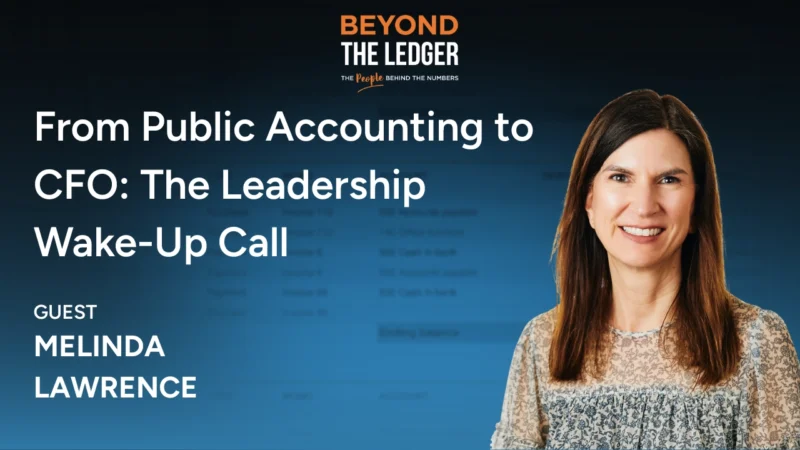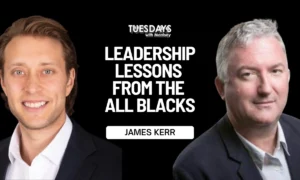Understanding Mythology Deepens Creative Storytelling
Will Linn, Ph.D., is a Mythologist and founder of Mythouse.org. In college, Linn took a mythology class that tied together storytelling with ideas and themes Linn recognized from his philosophy class. Throw in a trip to Greece and a helping of Joseph Campbell, Linn quickly headed down his river of discovery to a career in mythology. He spoke with Adam Morrisey about this journey.
“Anything that you want to bring the power of story to, studying myth is like studying the really powerful stuff,” Linn said. “I wanted to tell stories, and I wanted to study philosophy. Studying myth, for me, was a convergence of the two.”
The origin of myths ties closely to religion. As Linn puts it, “One person’s myth is another person’s religion.” Regarding classic mythology, such as Greek mythology, the transformation of these myths from accepted truth to allegorical stories occurred when Christianity solidified in Europe, overtook Pagan religion, and deemed such previous belief systems as a false religion. Over time, those classic Greek tales became literature. “Now it’s consolidating the literature of a culture, and it’s helping create shared identities and nation around all this history,” Linn said.
In studying the mythology of different worlds and cultures, Linn said there are various similarities and traditions that one can trace between them all. And for Linn, that is the fascinating aspect of myths; not which truths are wrong or right, but what is consistent in all of them. And one notion that is common throughout all cultures, religions, and mythologies is love.
Mythologies find their way into everyone’s lives. People build myths from personal experiences, and those stories shape future interactions. “We get caught in other people’s stories and myths,” Linn said. “We’re all living myths already. We live in a myth. Nobody lives in the world. We all live in our stories of the world.”








